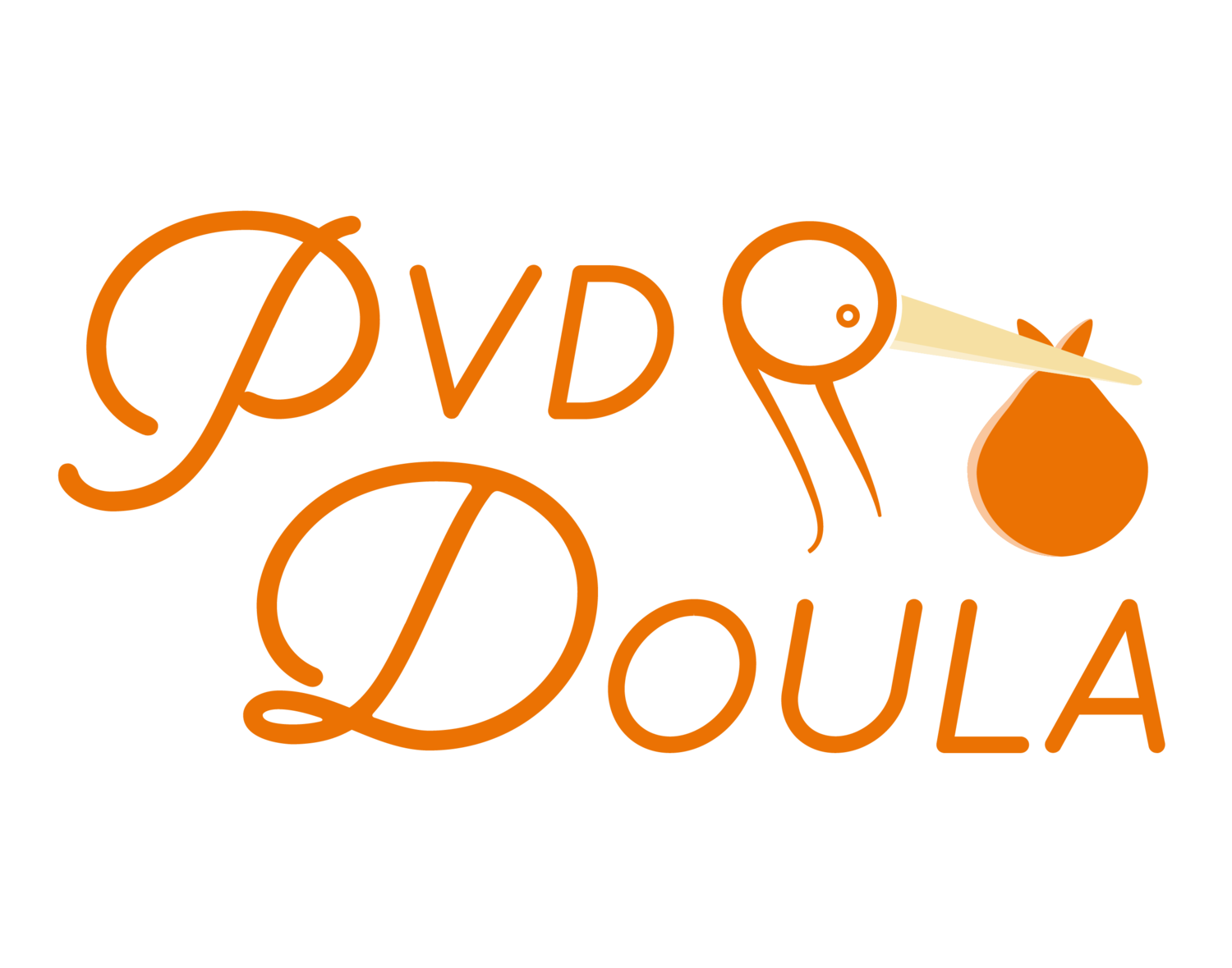What is a Birth Doula? Do I need one?
If you are not quite sure what a birth doula is or what they would do, you are not alone! I often get a blank stare when someone asks me what I do.
dou·la (noun) - a woman who is trained to assist another woman during childbirth and who may provide support to the family after the baby is born.
The word “doula” is a greek word meaning “servant of women.” A doula is considered to be a non-medically trained birth professional who provides emotional, physical and educational support to women and their families throughout pregnancy, birth and the postpartum period. This could look different for every mom and family. Sometimes this looks like a calm presence in the room, reassuring you that everything you are experiencing is normal. Other times a doula is able to provide the birth partner with a nap or lunch break by being able to step in as primary support until they are back. And then sometimes, a doula can help mom and partner to better understand the medical lingo and any intervention that might be suggested so that they can make an informed decision about their health and the birth of their baby.
I’ll let you in on a little secret. I didn’t have a doula for my first birth... And it wasn’t terrible. However, having someone there who was familiar with birth and could remind me that everything I was experiencing was normal and to help me focus when I felt as if I was losing control would have made for a completely different experience. Studies have shown that having a doula’s support during birth there is:
- 31% decrease in the use of Pitocin
- 28% decrease in the risk of Cesarean
- 12% increase in the likelihood of spontaneous vaginal birth
- 9% decrease in the use of any medications for pain relief
- 14% decrease in the risk of newborn admission to special care nursey
- 34% decrease in the risk of being dissatisfied with the birth experience
Among things like relaxation techniques, emotional, physical, and postpartum support, a doula does not replace your partner but actually enhances the partner’s experience by encouraging them in different ways to be able to provide support to the laboring mother.

